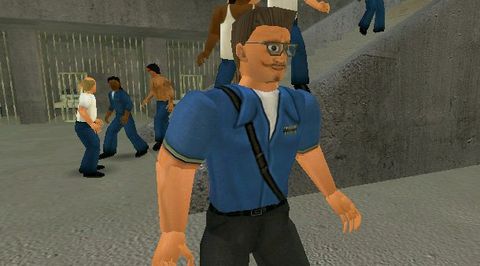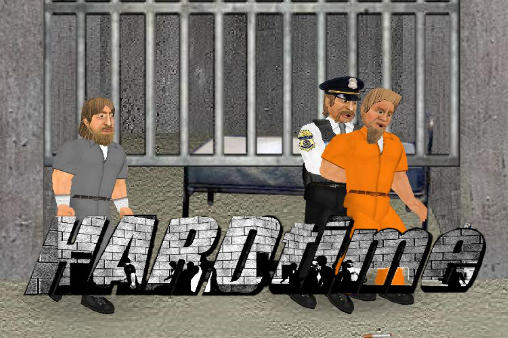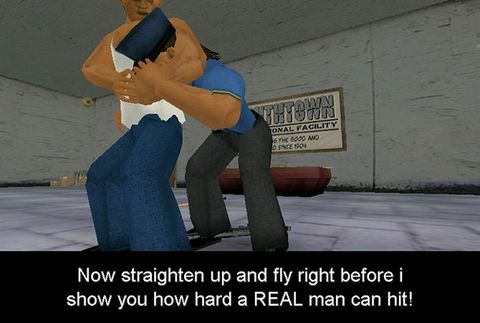
Those of us who knew him as a diplomat were hit particularly hard by his death last week. We stayed in touch for years - he invited me to “drop by” his office and sent emails from foreign airports, as well as thank-you notes when I sent him my books. But I knew he understood that I had a job to do, and he knew me well enough to recognize that I wasn’t taking a cheap shot. It gave me no pleasure to make Powell angrier than I had ever seen him before, having covered him in Washington and traveled with him around the world as a reporter. And the people who work for me respond to the direction that the president gives to me and I give to them.” Then he added: “I can show you people in Washington who claim to be pushing the president’s agenda, who are not.” I see him many times a week - in groups or alone. “People are fond of pointing out that I may not be on the president’s agenda,” he said.

What he couldn’t stomach were the accusations of disloyalty, and that by trying to slow the march to war, he had made himself irrelevant in Bush’s inner circle and marginalized his department in policy-making. He said he had been “pleased” to make the case at the United Nations a year earlier that Saddam Hussein possessed such weapons “on behalf of my president” - something he would soon come to regret.

It was January 2004, more than 10 months after the invasion of Iraq, and weapons of mass destruction were still nowhere to be found. But sitting across from him in the small inner office of the secretary’s suite on the State Department’s seventh floor, I didn’t need a sixth sense to notice that he had had it.

Course language was hardly characteristic of Powell, especially in an on-the-record interview.


 0 kommentar(er)
0 kommentar(er)
